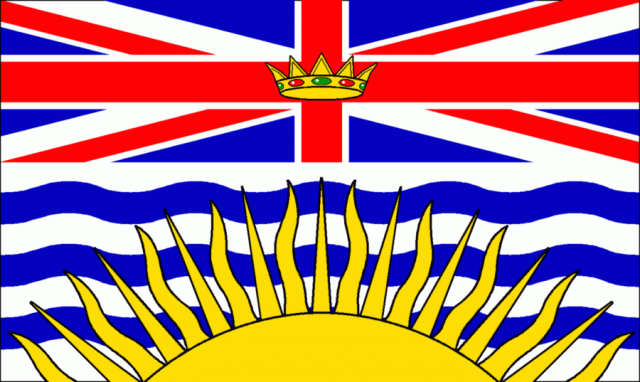COMMENT: Too many struggling to get by in a have province
Halifax or Vancouver? Ask most folk which city boasts the higher median family income and chances are they’ll say Vancouver. They couldn’t be more wrong.
The median income for a two-parent family living in Halifax was $87,430 in 2011. Vancouver wasn’t even close at $74,510. In fact, family incomes were higher in St. John’s, Montreal, Toronto, Winnipeg and Regina just to name a few cities. Heck, Windsor, Ontario had a higher median income.
But when it comes to the family budget, incomes only tell half the story. Consider that last year the average price of a home in Atlantic Canada was $251,100. In B.C., it was $667,200.
According to RBC’s housing affordability measure, it takes 74.1 per cent of a family’s median pre-tax household income to service the costs of owning a two-storey home in B.C. and that’s if you qualify. In Atlantic Canada, it’s 36.7 per cent.
The kicker: don’t think of trying to buy a home in the province with a household income of less than $129,200, nearly double B.C.’s median family income of $69,700. And it’s not much better for those who can’t afford to buy.
The City of Vancouver recently announced an incentive program for developers that build affordable apartments. The catch? The city pegs the permissible maximum rent and they pegged it at $1,443 for a studio apartment. Rio Tinto Alcan has a unique solution to a lack of affordable housing in Kitimat. Lease a cruise ship for employee housing.
More than 40 per cent of British Columbians live paycheque to paycheque. The average consumer debt in B.C. is one and a half times higher than the rest of Canada.
B.C. consumers are now borrowing to meet daily living expenses and that should be a big worry, because many families may be one interest rate hike away from teetering over the fiscal precipice.
Too many British Columbians – particularly young people – don’t see a future for themselves in B.C. They might be able to find a job in their field, may even be able to make ends meet at the end of the month, but the idea of owning a home and raising a family is moving further and further out of their reach.
No wonder British Columbians react with guffaws when provincial cabinet ministers boldly step in front of the mic and try to explain the latest rate hike or premium increase away as just “a few dollars a month more.”
In the past year, British Columbians have seen a few of those “only a few dollars a month more” hikes, whether it’s at B.C. Hydro, ICBC or B.C. Ferries. Just last month, MSP premiums rose by “only $2.75 per month more” to $69.25 for an individual.
B.C. finance minister Mike de Jong would do well to keep all of this in mind when he tables the provincial budget next week. Because if the B.C. government still remembers that families first thing, there’s a few measures that he could announce which would help families struggling to get by.
Start with MSP premiums. It’s ludicrous that Chip Wilson of Lululemon should pay the same health care premium as many of his lowest paid staff. Same goes for Jimmy Pattison or Amar Doman. Premiums are a surtax on the middle class.
Adjust personal income tax rates to account for what the government takes in from MSP premiums and do away with them. Maybe B.C. won’t be able to boast the lowest tax rates in the country, but it will be a lot fairer for British Columbians and save money to boot. No more bills to process, no more bill collectors.
Stop chasing false economies. Albert Einstein once said that “insanity was doing the same thing over and over again and expecting different results.” And to think he said that more than half a century before B.C. Ferries became a quasi-private corporation. It’s a failed experiment. Fess up, fix it and move on.
And for a government obsessed with core reviews you sure do cower in fear when it comes to local governments. Ratepayers deserve a break too and if city halls won’t act, it may be time to force some efficiencies, particularly in Metro Vancouver and the Capital Regional District.
Chances are you didn’t meet any of them at this week’s $1,000 a plate B.C. Liberal party fundraising dinner in Victoria, but to turn a bank’s slogan on its head Mr. de Jong: “British Columbians are poorer than you think.” And they’re looking for a fair shake.
Dermod Travis is the executive director of IntegrityBC. www.integritybc.ca


























Comments